Find the correct match
Monoecious plant : Biseexual flower
Dioecious plant : Polygamous plant
Haploid parants : Mitogametes
Dissimilar gametes : Isogametes
The correct Answer is:C
To solve the question "Find the correct match," we need to analyze each option provided and determine which pairing is accurate based on biological definitions.
1. Analyze Option A: Monoecious Plant - Bisexual Flower
- A monoecious plant is one that has both male and female reproductive organs on the same individual. This means it can produce both types of gametes.
- A bisexual flower is a flower that contains both male (stamens) and female (pistils) reproductive structures.
- While monoecious plants can have bisexual flowers, they can also have unisexual flowers. Therefore, this pairing is not always correct.
- Conclusion: This option is incorrect.
2. Analyze Option B: Dioecious Plant - Polygamous Plant
- A dioecious plant has individual plants that are either male or female, meaning one plant cannot produce both types of gametes.
- A polygamous plant has both male and female reproductive structures present in the same individual or in different individuals of the same species.
- Since dioecious plants cannot be polygamous (as they only have one gender), this pairing is incorrect.
- Conclusion: This option is incorrect.
3. Analyze Option C: Haploid Parents - Mitogametes
- Haploid parents are organisms that have a single set of chromosomes (n).
- In haploid organisms, gamete formation occurs through mitosis, producing gametes that are genetically identical to the parent. This type of gamete formation is referred to as mitogametes.
- Conclusion: This option is correct.
4. Analyze Option D: Dissimilar Gametes - Isogametes
- Dissimilar gametes refer to gametes that are not identical in size or form, which are known as anisogametes.
- Isogametes, on the other hand, are gametes that are morphologically similar.
- Therefore, this pairing is incorrect.
- Conclusion: This option is incorrect.
Final Answer:
The correct match is Option C: Haploid Parents - Mitogametes.
- A monoecious plant is one that has both male and female reproductive organs on the same individual. This means it can produce both types of gametes.
- A bisexual flower is a flower that contains both male (stamens) and female (pistils) reproductive structures.
- While monoecious plants can have bisexual flowers, they can also have unisexual flowers. Therefore, this pairing is not always correct.
- Conclusion: This option is incorrect.
- A dioecious plant has individual plants that are either male or female, meaning one plant cannot produce both types of gametes.
- A polygamous plant has both male and female reproductive structures present in the same individual or in different individuals of the same species.
- Since dioecious plants cannot be polygamous (as they only have one gender), this pairing is incorrect.
- Conclusion: This option is incorrect.
- Haploid parents are organisms that have a single set of chromosomes (n).
- In haploid organisms, gamete formation occurs through mitosis, producing gametes that are genetically identical to the parent. This type of gamete formation is referred to as mitogametes.
- Conclusion: This option is correct.
- Dissimilar gametes refer to gametes that are not identical in size or form, which are known as anisogametes.
- Isogametes, on the other hand, are gametes that are morphologically similar.
- Therefore, this pairing is incorrect.
- Conclusion: This option is incorrect.
The correct match is Option C: Haploid Parents - Mitogametes.
Topper's Solved these Questions
- REPRODUCTION IN ORGANISMS BOOK - AAKASH INSTITUTE ENGLISHCHAPTER - REPRODUCTION IN ORGANISMS EXERCISE - ASSIGNMENT SECTION-A OBJECTIVE TYPE QUESTIONS
35 Videos
- REPRODUCTION IN ORGANISMS BOOK - AAKASH INSTITUTE ENGLISHCHAPTER - REPRODUCTION IN ORGANISMS EXERCISE - ASSIGNMENT SECTION-B OBJECTIVE TYPE QUESTIONS
35 Videos
- REPRODUCTION IN ORGANISMS BOOK - AAKASH INSTITUTE ENGLISHCHAPTER - REPRODUCTION IN ORGANISMS EXERCISE - TRY YOURSELF
23 Videos
- PRINCIPLES OF INHERITANCE AND VARIATIONBOOK - AAKASH INSTITUTE ENGLISHCHAPTER - PRINCIPLES OF INHERITANCE AND VARIATIONEXERCISE - Assignment (SECTION-D) Assertion-Reason Type Questions
20 Videos
- REPRODUCTIVE HEALTH BOOK - AAKASH INSTITUTE ENGLISHCHAPTER - REPRODUCTIVE HEALTH EXERCISE - Sectoin -D Assertion - Reason Type Questions
22 Videos
Similar Questions
Evaluate the correct matching order of the following terms.

View SolutionFind out the correct matching:
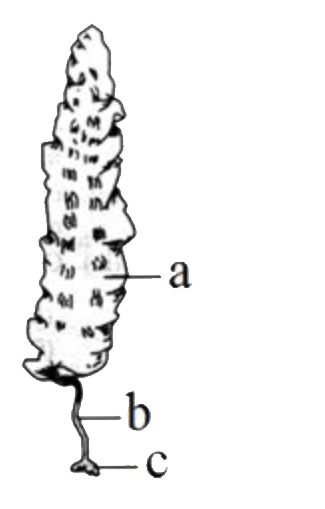
View SolutionFind out the correct match
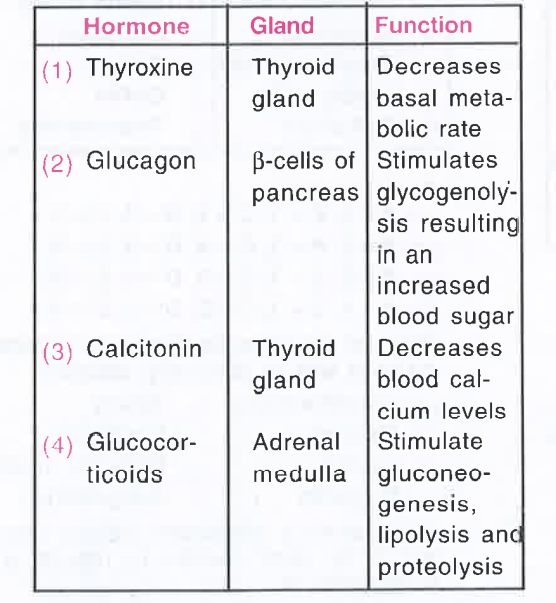
View SolutionFind out the correct match
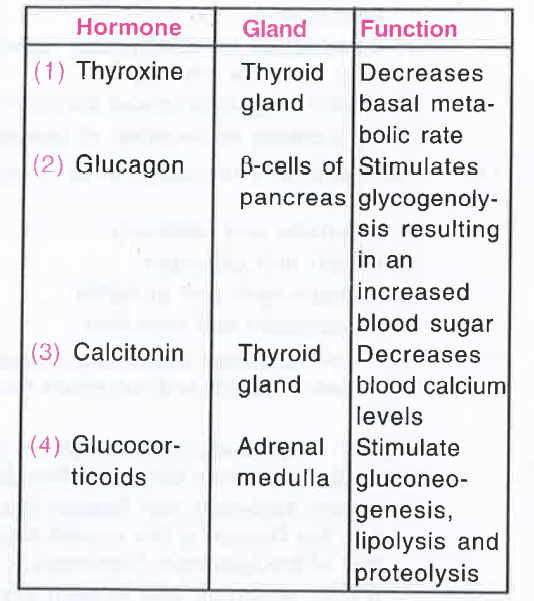
View SolutionFind out the correct match-
View SolutionFind out the correct match :-
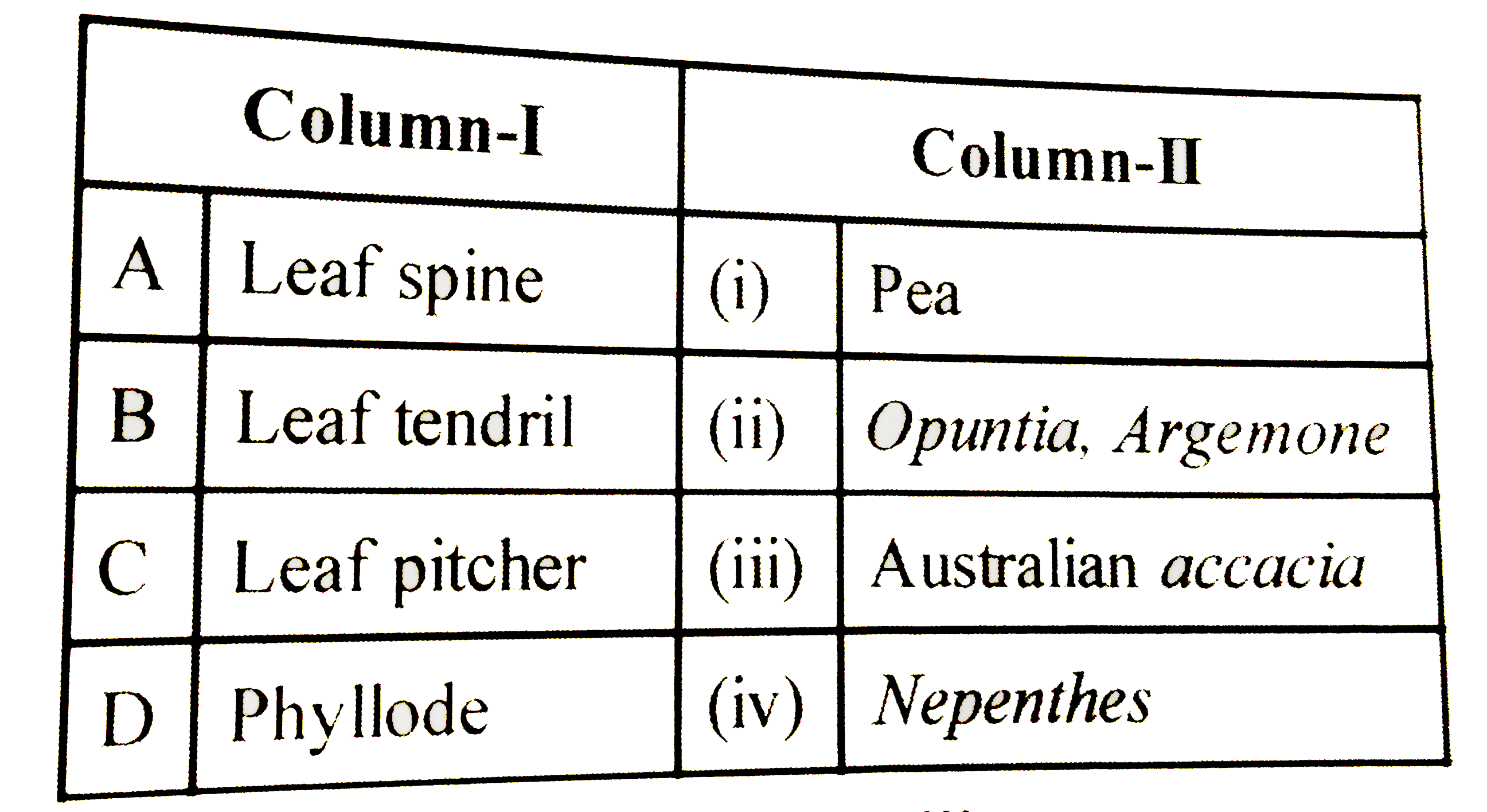
View SolutionFind out the correct match :-
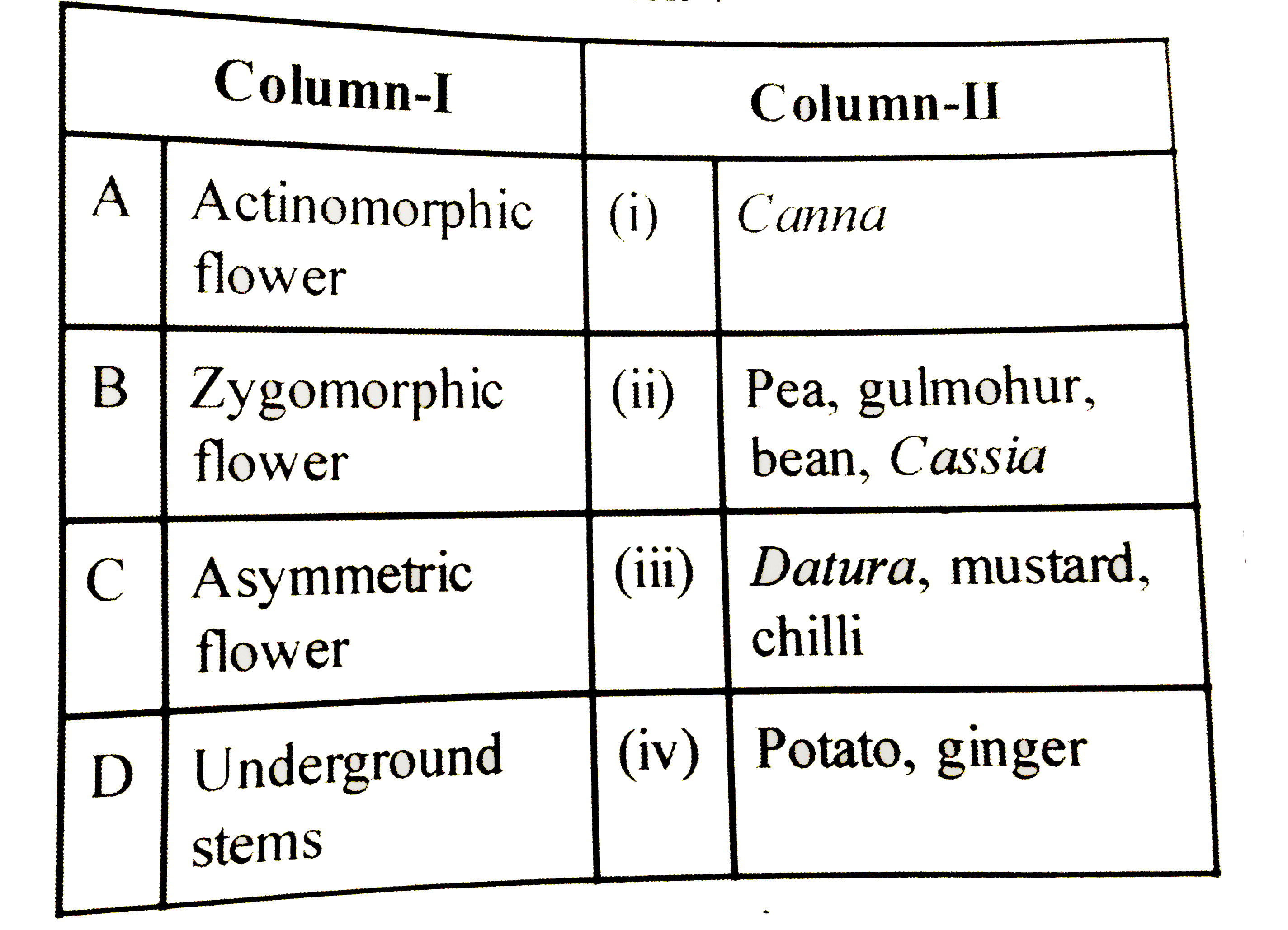
View SolutionFind out the correct match :-
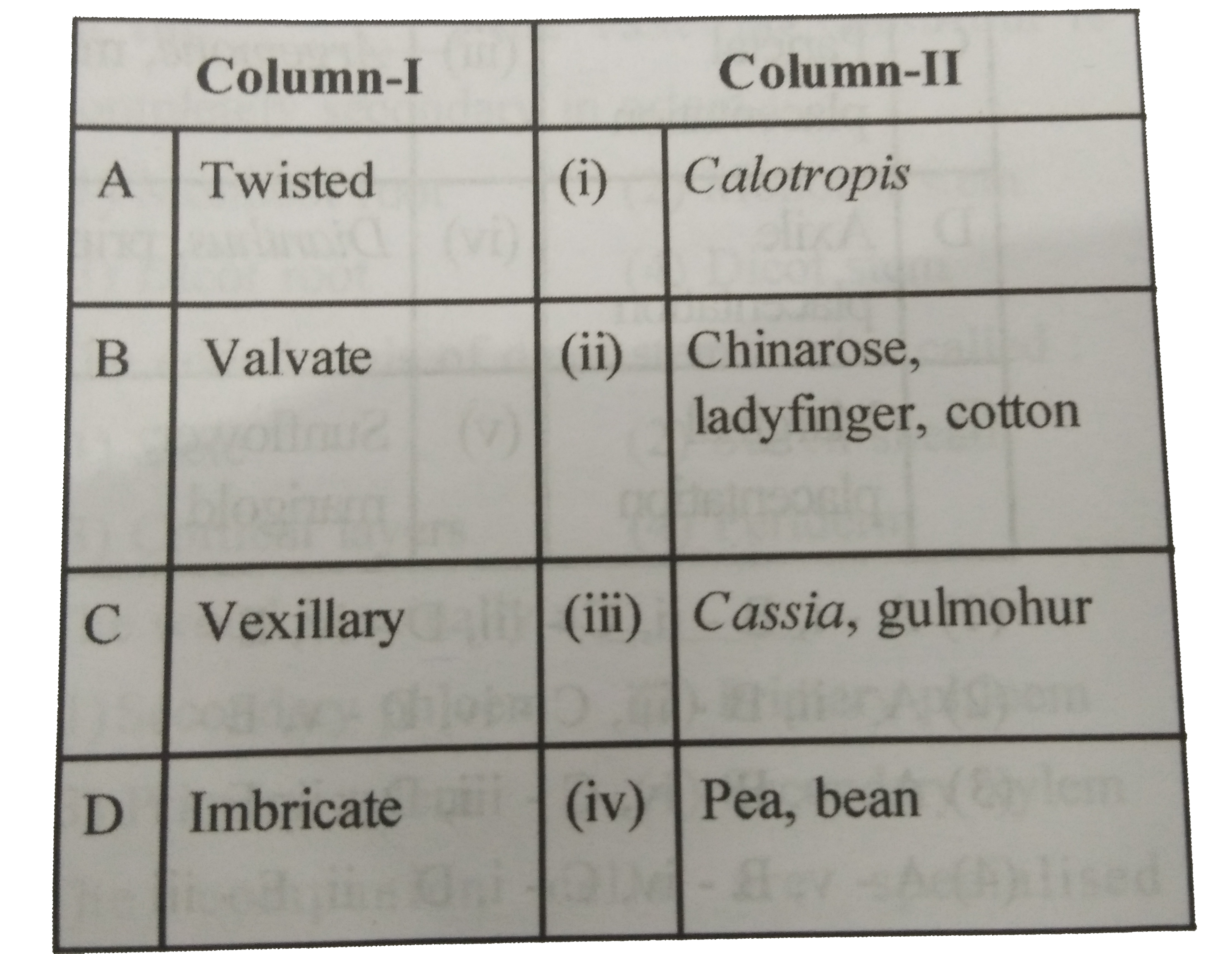
View SolutionFind out the correct match:-
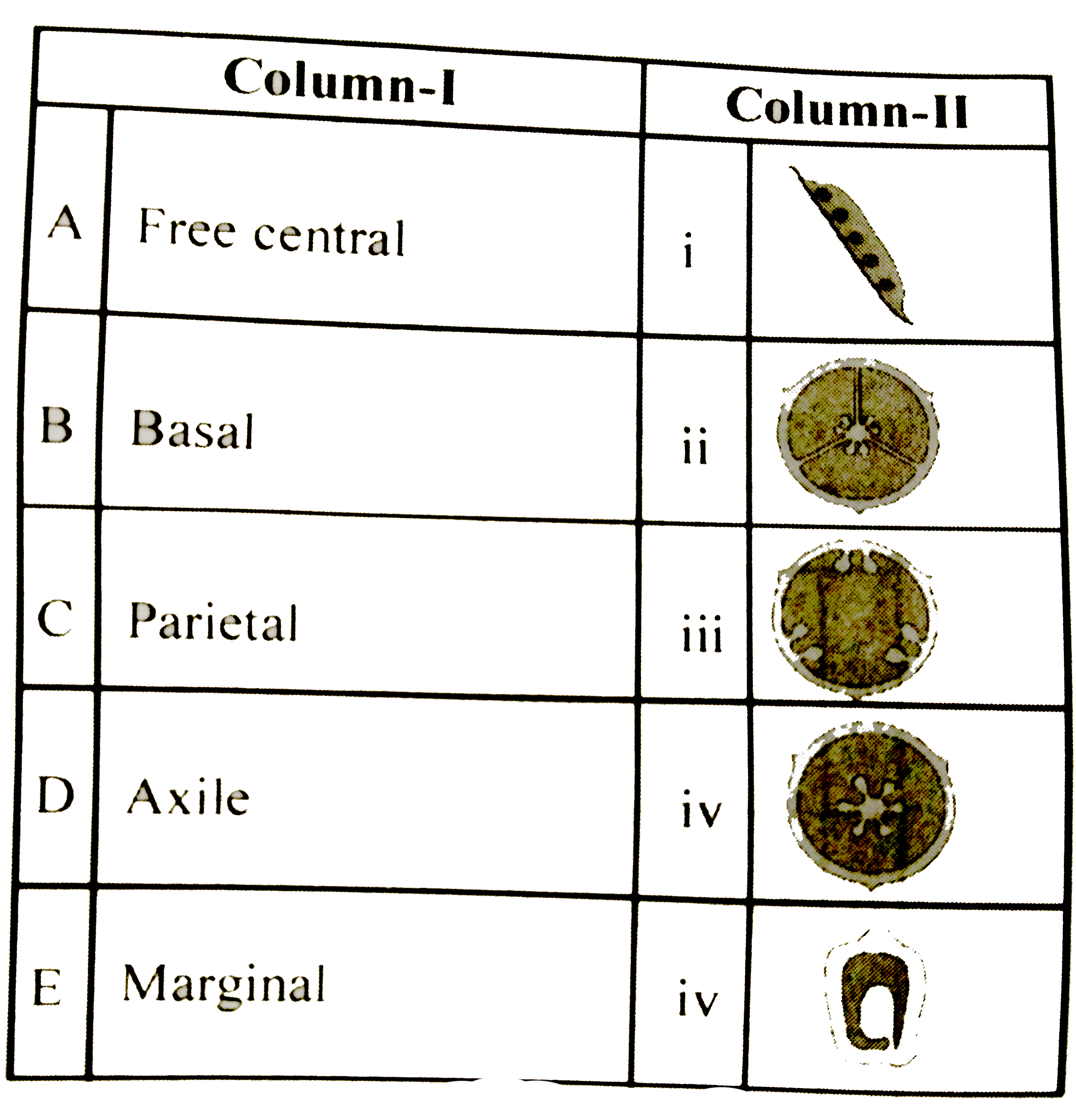
View SolutionFind out the correct match
View Solution
